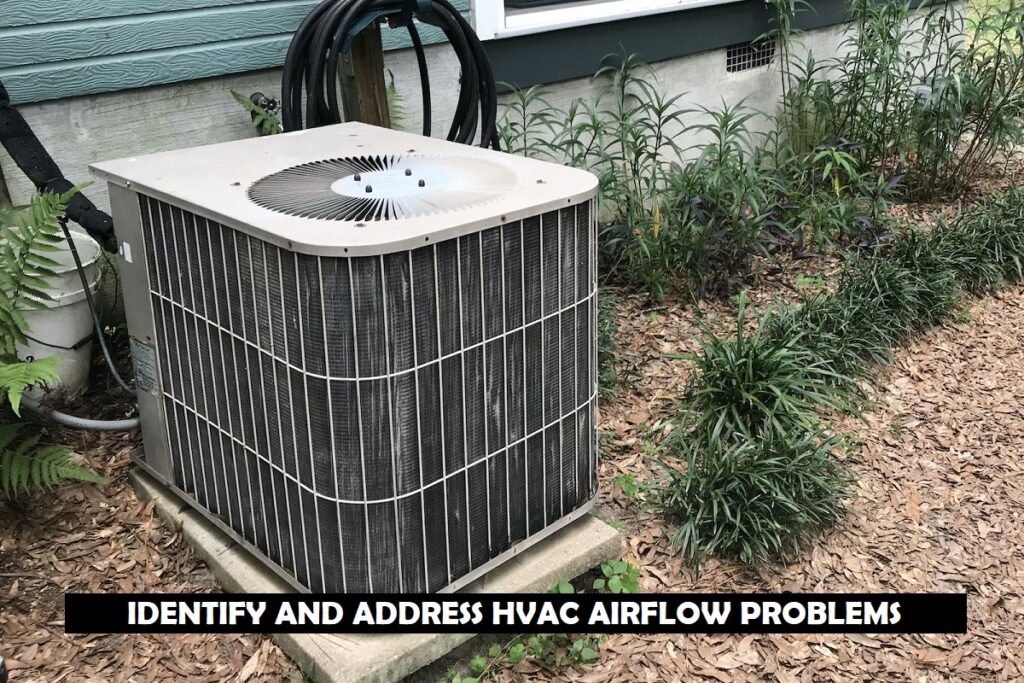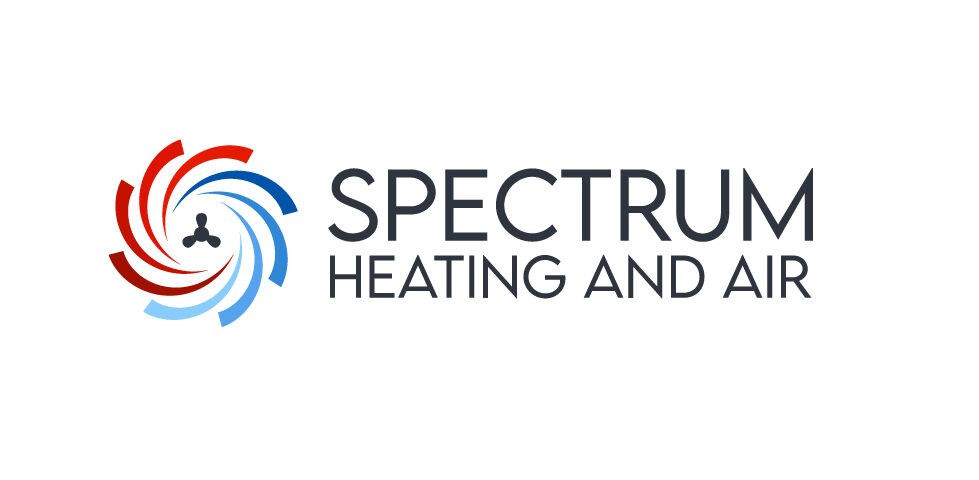Your HVAC system is a vital component of your home, ensuring comfort and indoor air quality. However, when HVAC airflow problems occur, it can lead to inefficiency and discomfort. In this comprehensive guide, we will delve into the various aspects of HVAC airflow issues, their causes, signs to look out for, and practical solutions to address them.

Common Causes of HVAC Airflow Problems
Improper Installation
One of the fundamental causes of HVAC airflow issues can be traced back to improper installation. When an HVAC system is not installed correctly, it can result in compromised airflow. This can manifest in various ways, such as inefficient distribution of air or even complete blockages in the system.
Clogged Air Filters
Air filters play a crucial role in maintaining the air quality in your home. Over time, however, these filters can become clogged with dust, dirt, and other particles. This impedes the flow of air, forcing your HVAC system to work harder and less efficiently.
Blocked Vents
Sometimes, the issue is as simple as blocked vents. Furniture, curtains, or other objects placed near vents can obstruct the airflow. This can lead to uneven temperature distribution and reduced overall comfort.
Leaky Ductwork
Ductwork is the network of tubes that transports air throughout your home. If there are leaks or gaps in this system, a significant amount of conditioned air can be lost before it reaches its destination. This not only reduces efficiency but also leads to higher energy bills.
Signs of Poor HVAC Airflow
Uneven Cooling or Heating
A clear sign of airflow problems is uneven temperature distribution in your home. Certain rooms may feel excessively warm while others remain cooler than desired. This can create discomfort and frustration for occupants.
Weak Airflow from Vents
If you notice a significant reduction in the amount of air coming from your vents, it is a clear indicator that something is obstructing the system’s normal operation. This could be due to clogged filters, blocked vents, or even issues within the ductwork.
Strange Noises from the HVAC System
Unusual noises emanating from your HVAC system can be indicative of airflow restrictions. These noises could range from rattling and banging to whistling sounds. Addressing these promptly is crucial to prevent further damage.
The Importance of Timely Resolution
Addressing airflow problems promptly is crucial for several reasons. Firstly, neglecting these issues can lead to higher energy bills as the system works harder to compensate. Additionally, it can lead to a reduced lifespan of the HVAC system and diminished indoor air quality.
DIY Methods to Improve Airflow
Cleaning or Replacing Air Filters
Regularly cleaning or replacing air filters is a simple yet highly effective way to maintain proper airflow. Clogged filters force the system to work harder, leading to inefficiency and increased wear and tear on components.
Clearing Obstructions around Vents
Furniture, curtains, or other obstructions near vents can impede airflow. Regularly inspect and clear the area around vents to ensure optimal performance.
Checking for Leaks in Ductwork
Leaky ducts can significantly reduce airflow. Inspect ducts for any visible gaps or holes and seal them accordingly. This can greatly enhance the efficiency of your HVAC system.
Adjusting Dampers
Dampers are valves within the ductwork that control airflow. Adjusting them can help balance the distribution of air throughout your home, ensuring even heating and cooling.
When to Seek Professional Help
Signs that You Need a Professional Technician
While DIY methods can address many airflow issues, there are instances where professional intervention is necessary. If you notice more serious signs such as strange odors, a complete system failure, or complex ductwork issues, it’s time to consult a certified HVAC technician.
Benefits of Professional HVAC Maintenance
Regular maintenance by a certified technician not only ensures optimal airflow but also extends the lifespan of your HVAC system. This can save you money in the long run by preventing costly repairs and improving energy efficiency.
Maintaining proper HVAC airflow is essential for a comfortable and energy-efficient indoor environment. By understanding the common causes of airflow problems and implementing the appropriate solutions, you can enjoy a well-functioning HVAC system year-round.




